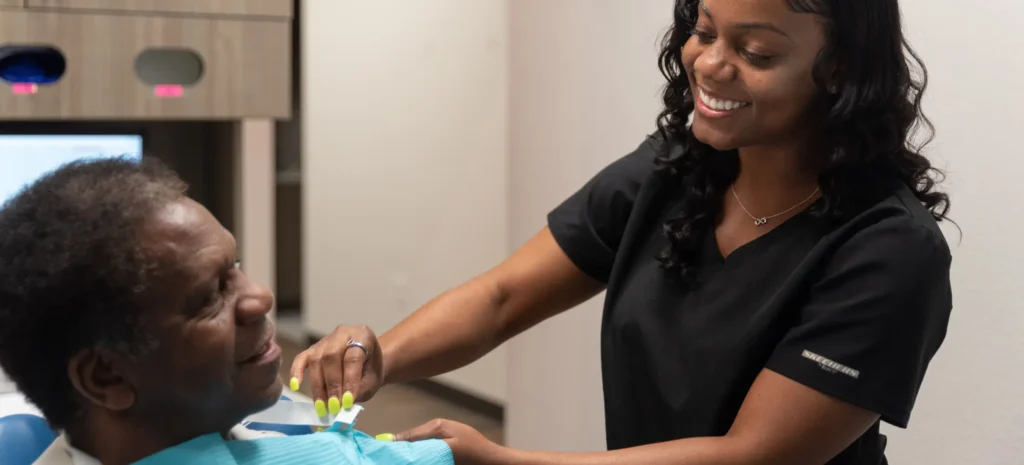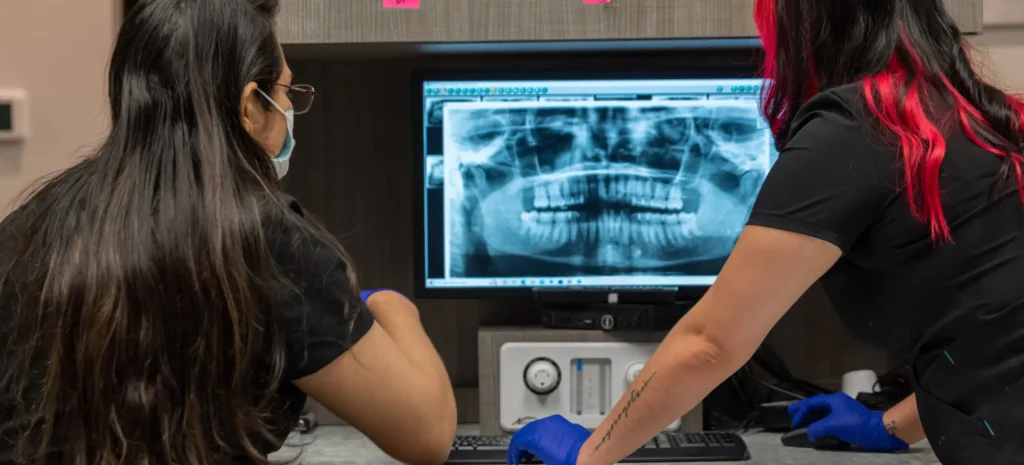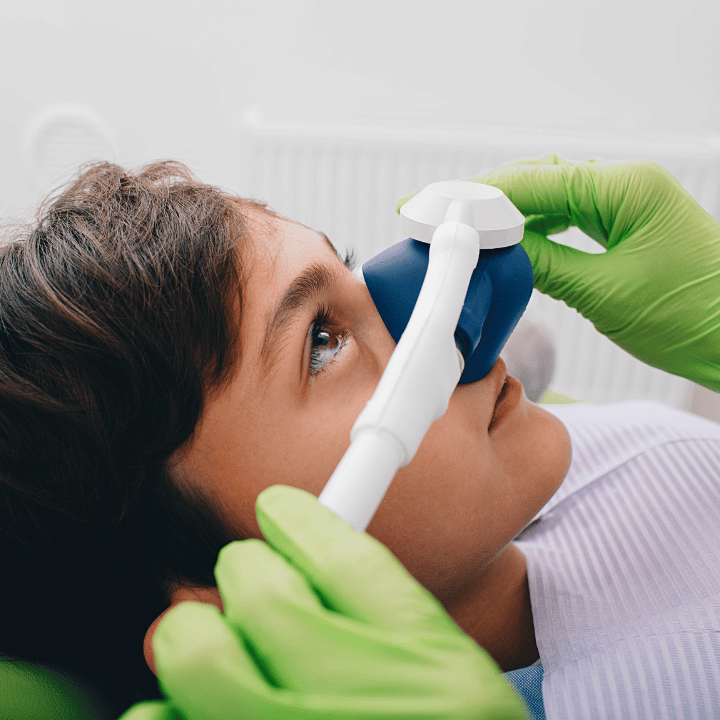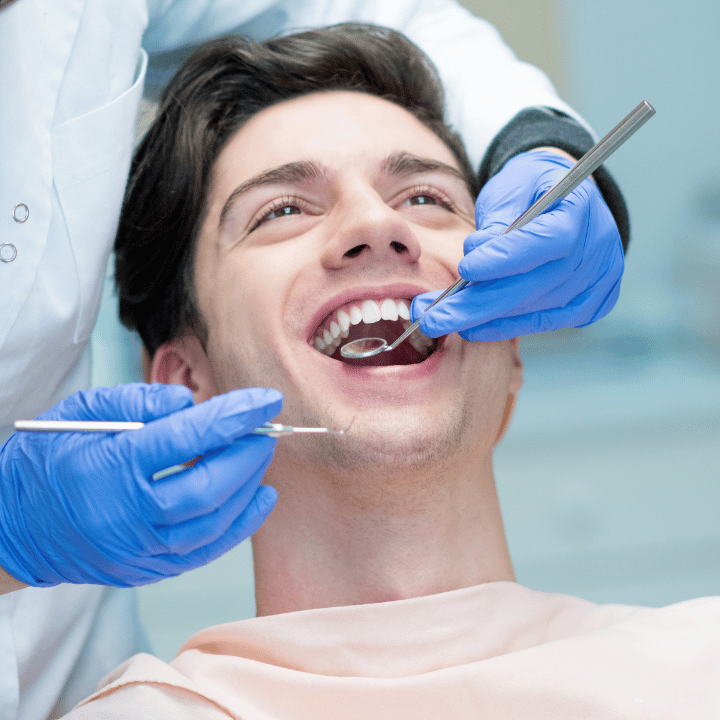
Get Immediate Care in Lancaster
Having a Dental Emergency?
When a dental emergency strikes, all you want is relief—fast. Dr. Patel and Dr. Setti are here to help.
Wondering if Your Dental Crisis is an Emergency?
We Can Help If You Have…
- Sudden or severe tooth pain.
- Chipped or broken a tooth.
- Lost a filling or dental crown.
- Painful swelling or an abscess.
- Knocked out a tooth.
- Excessive or prolonged gum bleeding.
We’re Ready When You Are
We’re located at 1445 Pleasant Run Rd #500, Lancaster, TX, 75146.
We Know a Dental Emergency is Never Ideal
Here’s How We Make Your Visit Better
You deserve fast, compassionate care without the extra stress. We’ve designed our emergency service to provide everything you need, all in one place.
- When you call, we prioritize your emergency and work to see you right away, often on the same day.
- We believe cost should never stand in the way of your health, which is why we work with several insurance providers and offer flexible payment plans to make your visit stress-free.
- If you’re feeling nervous about your visit, which we see often with emergency visits, we can help ease your nerves with sedation to make the experience more comfortable.

How to Manage Your Emergency Before Seeing Us
If you’re in pain, here are a few simple tips to help manage your situation until you can get to our office:
- If you have knocked out a tooth, place it in a container of milk and bring it with you.
- If you’re having a severe toothache, use warm salt water to rinse your mouth, and avoid placing aspirin on your gums.
- If you have a chipped or broken tooth, rinse your mouth with warm water and apply a cold compress to reduce swelling.
- If you have a tooth abscess, you can rinse your mouth with salt water, avoid any direct poking or prodding.

Don’t Wait in Pain. We’re Here to Help.
In the face of a dental emergency, immediate and professional care can make all the difference. If you find yourself in need of an emergency dentist in Lancaster, schedule your appointment with Dr. Patel and Dr. Setti today. We’re ready to help you get back to smiling.
Frequently Asked Questions

Ready to Join Our Dental Family?
We have special offers available to provide our patients with the best service at an affordable price. We also accept most PPO insurances and Medicaid.


